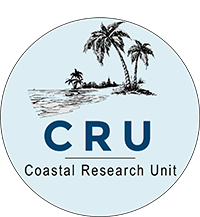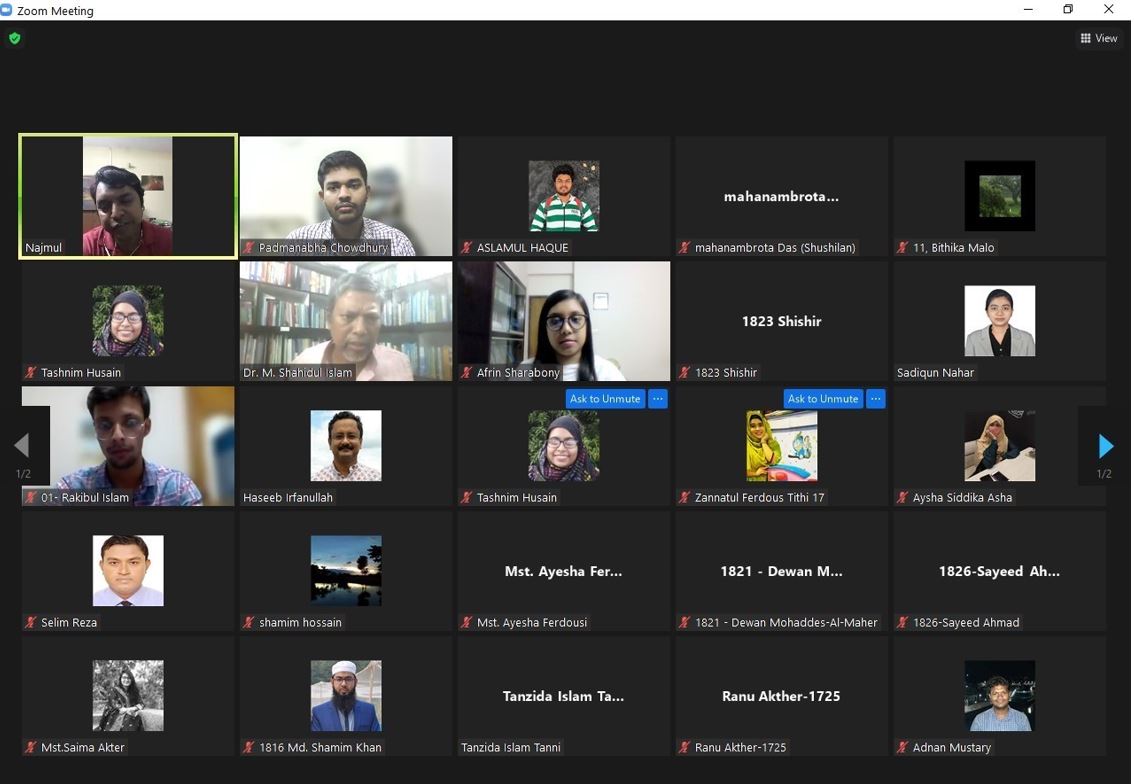Ecosystem-based Disaster Risk Reduction: Opportunities and Challenges in the Southeast Coastal area of Bangladesh
Dr. Mohammad Najmul Islam
Summary of the Presentation
Ecosystem provides multiple services which offer the substantial ground for ecosystem-based disaster risk reduction (DRR). Coastal ecosystem which includes mangrove, beaches, sand-banks, dunes, and coastal vegetation offers natural protection against storm-surge hazard, coastal food, cyclone hazard, erosion, etc.
A team led by Dr. M. Nazmul conducted a study on Ghotibhanga and Sonadiya island in Moheskhali to identify ecosystem-based services and understand community perception of Eco-DRR services. Ecosystem services that are related to the protection of the coast such as storm-surge hazard regulation, coastal food regulation, cyclone hazard regulation, erosion regulation, etc. were the main focus of the study.
Findings suggest that an enormous number of locals have a positive perception of reduction of the wave height during storms and acceleration of the sediment trapping process by Mangrove plants. Jhaubon and Parabon also reduce the wind speed during a storm and dunes reduce wave actions. However, an alarming rate of expansion of salt and shrimp production by grabbing land through cutting down mangrove plants and Parabon is a great threat to the ecosystem of Sonadiya and Ghotibhanga region.
Thus, mainstream ecosystem management should be developed in line with the DRR. Valuing ecosystem services for DRR is highly needed while implementing development projects. Ecological zone wise land-use planning should be introduced. Besides, beach improvement program and community based coastal dune protection and restoration are required.

